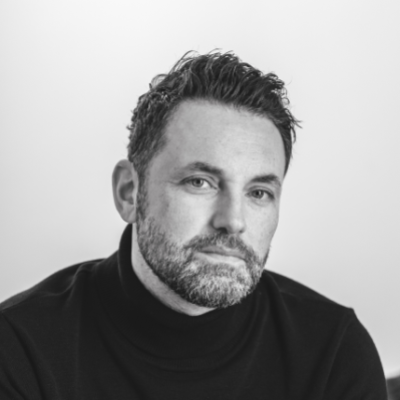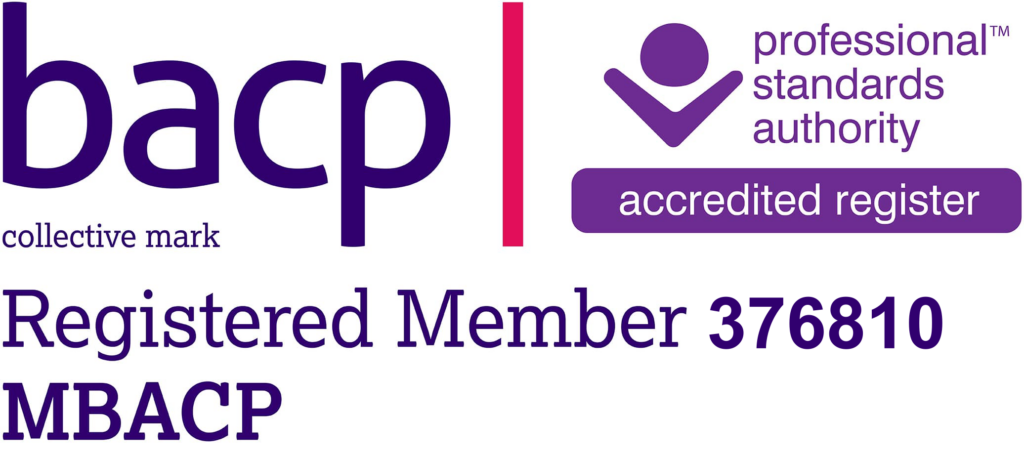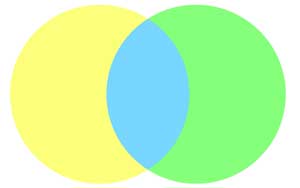 ABOUT
ABOUT
The significance of the impact of ADHD and adult diagnosis cannot be understated.
ADHD Couples is a specialist service for couples where one or both members are neurodiverse, helping foster better communication and understanding, psychoeducation, and a clear pathway forward.
About David Levy
I qualified as a counsellor before I knew what ADHD really was.
In five years of rigorous professional training, the total number of minutes I spent learning about neurodiversity and its impact was zero.
Some years later, as I sat in my office with a client going through their ADHD diagnosis journey, their experience began to sound eerily familiar. They spoke about the re-shaping of their thinking; what was once a lifetime of personal failings were now their symptoms, their assessment and medication life-changing moments in a life until then lived at an unknown disadvantage. Some time later, compelled by my client’s experience and subsequent transformation, I was eventually assessed myself and diagnosed with words I’ll never forget – “David, this wasn’t a particularly difficult diagnosis to make.”
In the immediate aftermath, I sought therapeutic help to deal with the emotional impact of my diagnosis; the way it reframed my past, my present identity, and my potential future. I was angry and upset – why didn’t anyone notice? Could life have been different? What I found was a lot of versions of me – a passing understanding of the symptomology of ADHD at best, and false stereotypes and prejudice at worst. One told me “Oh yes, that’s very on-trend at the moment”.
In the time since, my work has developed to specialise in working with adults with ADHD, from the impact of psychoeducation and assessment, to the emotional response to diagnosis and the reframing of identity which can follow. ADHD has a profound effect on those that suffer with it, and adult diagnosis can cause a significant rupture in relationships too – difficulty in understanding the emotional impact of the diagnosis or the new language a partner might use, changes in a partner’s identity, or the gradual wearing effect of the ADHD-behaviour on the non-ADHD partner.
In my work with ADHD-affected couples, I see my role as one of helping facilitate better communication, and giving space and validation to the individual experience where there may be a growing sense of incompatibility. Most couples I see have a similar dilemma – a mutual desire to reach a common goal, but a marked difference in methodology to reach it. My short-term sessions aim to help frame experiences in ways which can be better understood by the other, and to help put in place tools and practices to help mutual growth in the future.
I continue to work in private practice, and in addition to my therapy work I run an ADHD-specialist website ADHD Counselling, run ADHD Support Groups and am often featured in Podcasts and Magazines talking about ADHD.
To make an appointment or if you have any enquiries, please click here to get in touch I generally reply within 24 hours.

David Levy MBACP


 ABOUT
ABOUT